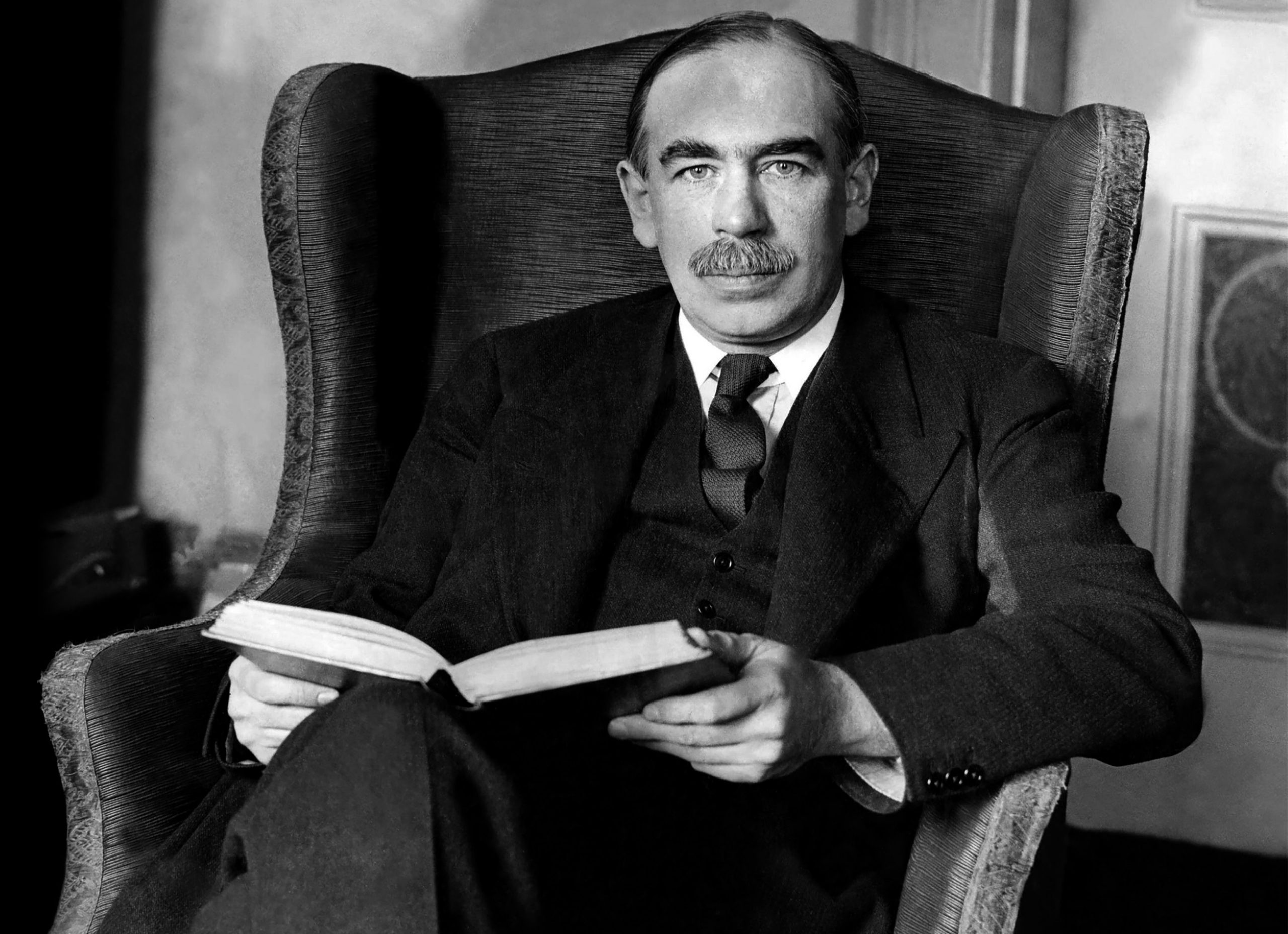
As the Covid-19 pandemic spread rapidly around the world, scientists rushed to analyse the virus and to develop treatments and a vaccine to prevent infections. However, the virus was highly contagious and by late 2020 there was still no known cure. For many who caught it, it was fatal.
The first priority was to halt or slow the spread of the disease, but this required severely limiting social interactions between people. A key way in which people interact is in the workplace, so slowing the spread of the virus could only be achieved by forcing businesses to close, or to find ways in which their employees could work from home.
Your organisation does not have access to this article.
Sign up today to give your students the edge they need to achieve their best grades with subject expertise
Subscribe




